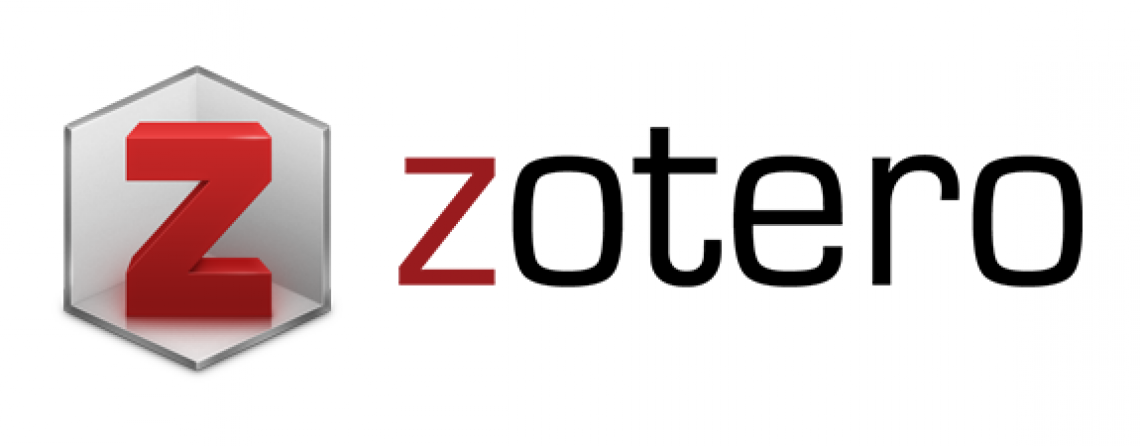PEMODELAN TRANSFORMASI DIRECT QUADRATUR (D-Q) PADA KENDALI KECEPATAN MOTOR INDUKSI 3 FASA DENGAN METODE VECTOR CONTROL
DOI:
https://doi.org/10.54757/fs.v10i2.40Keywords:
induction motor, vector controlAbstract
The application of the 3 phase induction motor is increasingly developing, this has led to research on speed regulation of 3 phase induction motors is also growing, because the use in industry and especially in hybrid vehicles is increasingly being developed. However, there are several disadvantages of an induction motor, one of which is the non-linear parameter characteristics, especially the rotor resistance, which varies in value for different operating conditions, so that it cannot maintain its speed constantly when a load changes. Therefore, to get constant speed and better system performance against load changes, a controller is needed. This study aims to implement the vector control method in the 3 phase induction motor speed control application in following the reference speed. In vector modeling, the 3 phase parameters (ia, ib and ic) will be transformed into direct quadrature (dq) parameters where in this parameter the setting of the field size and torque can be adjusted separately. In the implementation results, it can be seen that the use of vector control can be used as an approach in regulating the speed of an induction motor.
Downloads
Published
How to Cite
Issue
Section
License
Copyright (c) 2020 Rizana Fauzi, Muh. Aristo Indrajaya, Dody Chandra K., Wirdha

This work is licensed under a Creative Commons Attribution 4.0 International License.








 This work is licensed under a
This work is licensed under a 



